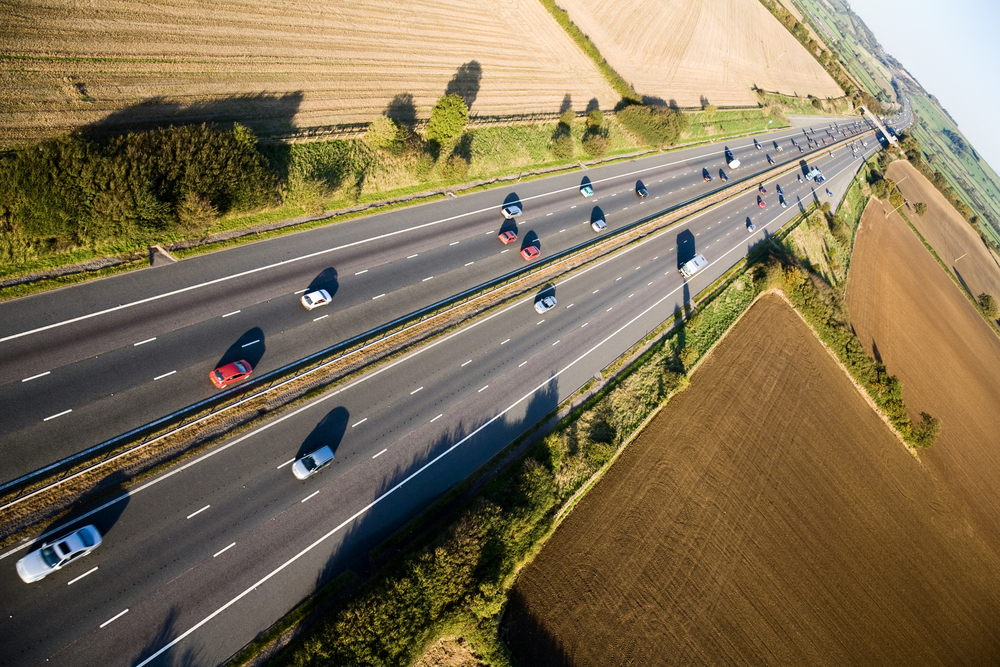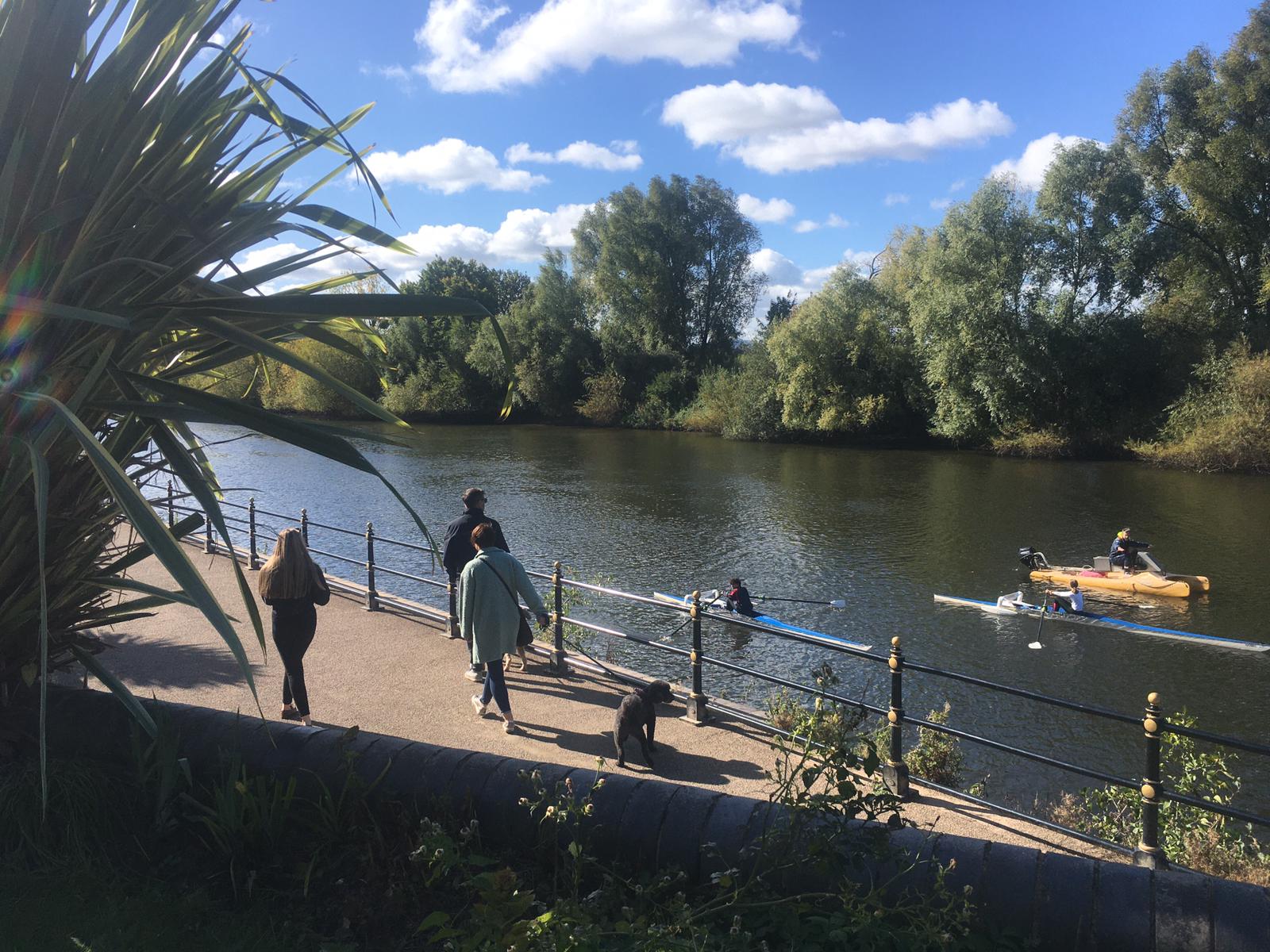
Use reusable face masks ‘to cut pollution in the sea’
With tougher lockdown restrictions announced by the government last week using a face mask is becoming even more important.
But just as vital, said green energy expert Ron, is how this old protective equipment is discarded, once people have finished with them.
He was commenting after a report in the Environmental Science and Technology journal said around 129 billion disposal masks and 65 billion plastic gloves were used worldwide every month and many were being thrown away on streets, beaches and in rivers.
“The problem,” said Ron, of Noreus on the University of Keele Science and Innovation Park, “is that the masks contain plastics such as polypropylene which have a life span of 450 years. They are not biodegradable, so they are an ecological time bomb with lasting environmental consequences for our planet if nothing is done about it now.”
He said the trouble is that most PPE (Personal Protective Equipment) cannot be recycled properly because it is seen as medical waste and even when this waste is disposed of correctly it ends up in either landfill or being sent to an incinerator which burns the waste and can release toxic smoke into the atmosphere.
“The bright colours of disposable mask floating like jellyfish on the sea’s surface and waterlogged latex gloves scattered across the seabed can be mistaken by fish, seabirds and other marine mammals as food. As this protective equipment breaks down into tiny pieces, called micro-plastics, it puts the marine life at risk of severe injuries and death.”
“With nearly a billion people around the world consuming seafood as their main source of protein, this then causes a human health risk as the plastic also enters the food chain.”
The Ocean Conservancy, an environmental group, has estimated that at least 600 different wildlife species are threatened by the pollution, including porpoises and dolphins.
Last year a sperm whale, which died after becoming stranded on a beach on the Isle of Harris in Scotland, was found to have 220lb of debris in its stomach including bundles of rope, plastic gloves, bags and cups.
According to the UN Environment 13 million tonnes of plastic enter the oceans each year
Ron said: “The problem is so serious that a spokesman for the French campaign group, Opération Mer Propre, said that if is nothing is done there could soon be more masks in the Mediterranean than jellyfish.
“To cut down this threat we need clear guidance from the government and a campaign to encourage people to buy reusable face masks. We also must swap latex gloves for more frequent handwashing and not throw old masks away on the beaches and streets.
“Understandably, people want to protect themselves from Covid-19, but they also need to think about themselves and our environment,” he concluded.
For more information about green energy and pollution problems call Ron on 01782 756995.




